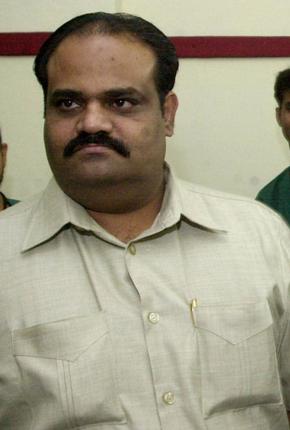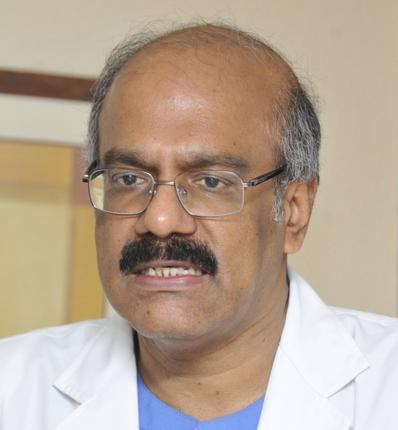
It might take years to put in place required medical infrastructure in the new AP capital
With the presence of several healthcare institutions, both private and public, Hyderabad has emerged as a major medical hub in the country.
Some of the leading speciality institutions like the L.V. Prasad Eye Institute (LVPEI) cater to patients not only from different parts of the country, but also from abroad. Over the years, the top hospitals have not only steadily built the needed infrastructure, but also attracted medical experts in different fields from all over the country.
Once the bifurcation of Andhra Pradesh takes place, it might take several years for putting in place the required medical infrastructure in the capital of AP in its new geographical avatar. To overcome this problem, it has been suggested that the government provide incentives, land at subsidised rate and tax holiday for faster growth of high-end healthcare infrastructure in the new capital.
Pointing out that the private sector played a major part in the development of high-end tertiary medical institutions in Hyderabad, CEO of Apollo Hospitals Group (Central Region) Dr. K. Hari Prasad said the private sector would start investing once a new capital is identified.
“What has made a big difference to Hyderabad is the investment made by private sector,” he added.
He said the private sector would look for stability and incentives. For instance, incentives would enable a proposal to establish a 1,000-bed hospital in a year to enhance its strength to 1,500 beds. The investment needed for a high-end hospital would range from Rs. 50 lakh to Rs. 1 lakh per bed.
Connectivity
Dr. Hari Prasad said that initially every institution would cater to the local population. Subsequent growth would depend upon road, rail and air connectivity and the reputation of the institution. Healthcare infrastructure would definitely come up in the new capital, but growth after that would be entirely dependent on connectivity.

Chairman of the Asian Institute of Gastroenterology, Dr. D. Nageshwar Reddy suggested earmarking a big area of land for developing a medical city in the new capital. He said quick single window clearances, including those to pertaining to environment and pollution, should be given to anybody planning to set up a medical centre.
He said incentives and giving land at a cheaper rate would enable faster development of medical infrastructure.
According to Dr. K. Ravindranath, CMD of Global Hospitals Group, development and growth of medical infrastructure would depend where the new capital would be located. Providing land, incentives and tax benefits would give a fillip to development of healthcare infrastructure as it would take a long time for the hospitals to achieve breakeven.
source: http://www.thehindu.com / The Hindu / Home> News> Cities> Hyderabad / by Y. MallikArjun / Hyderabad – August 01st, 2013